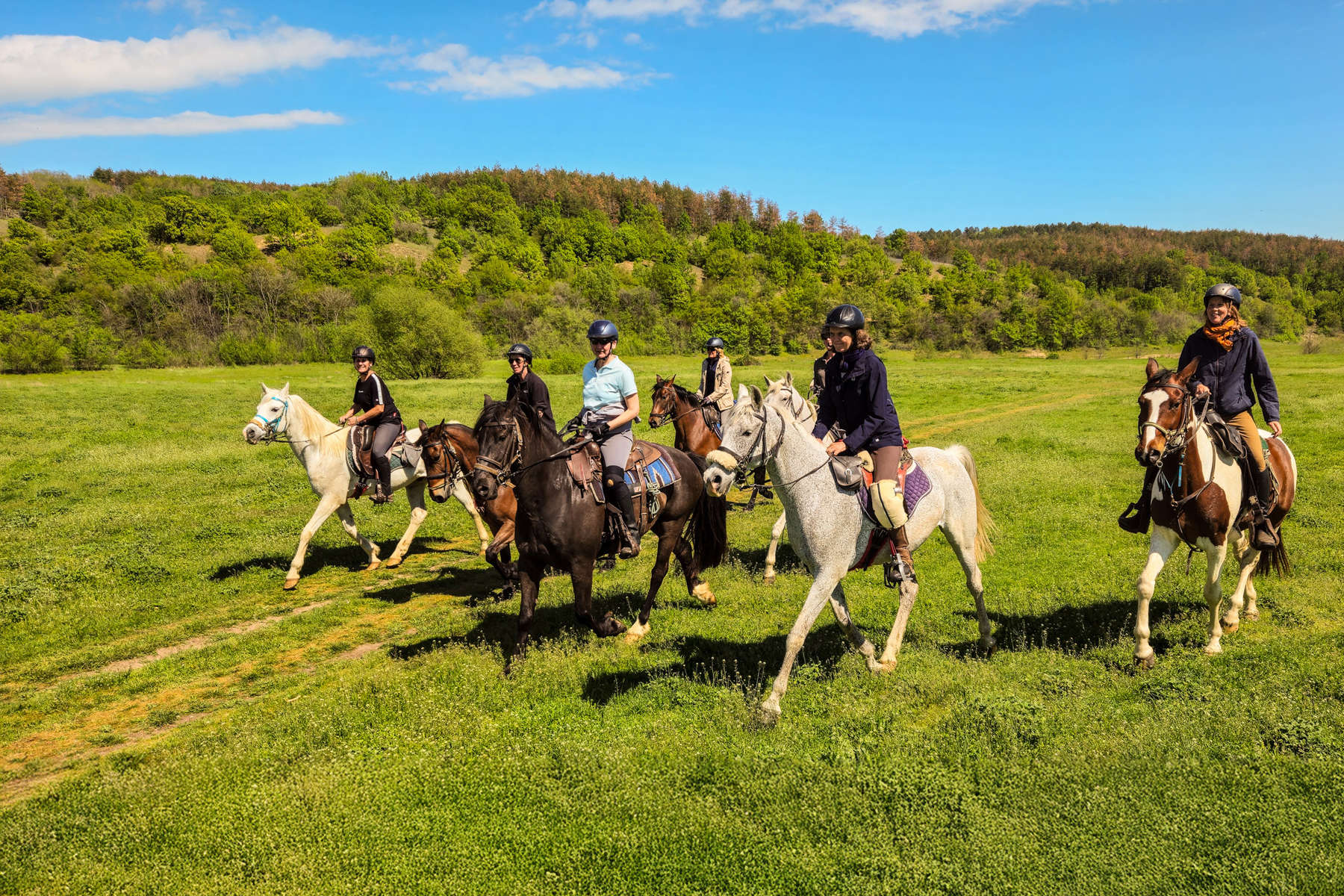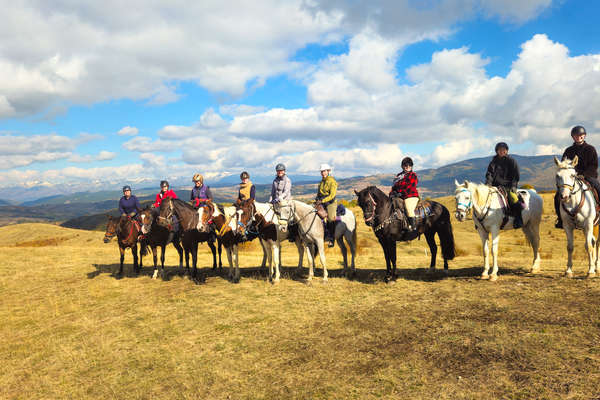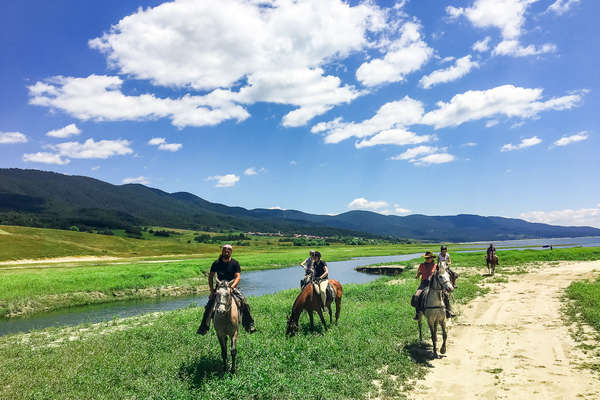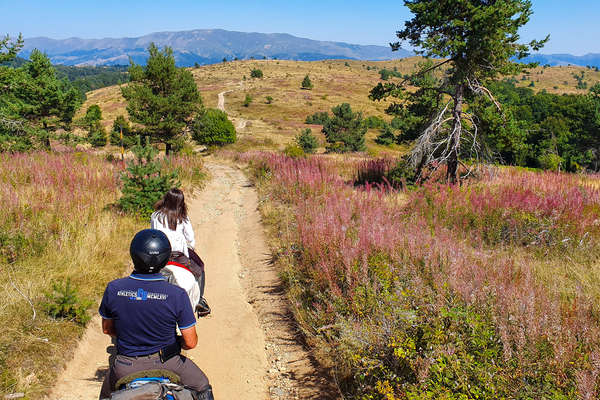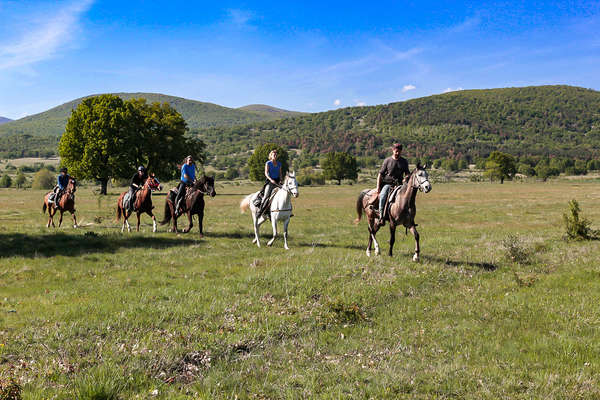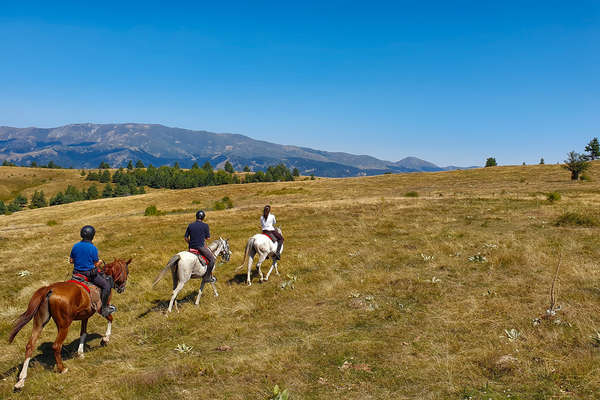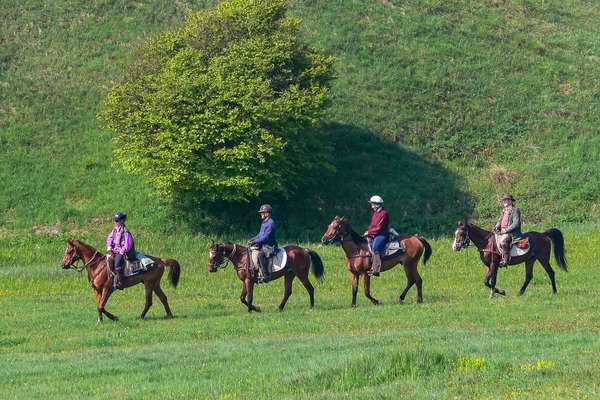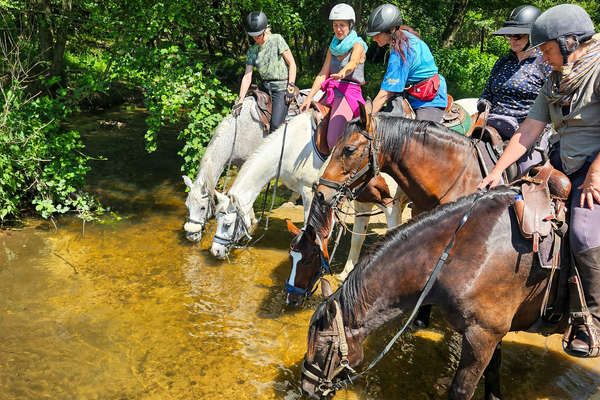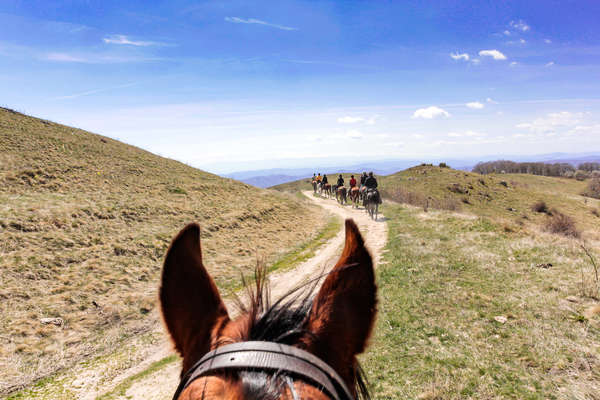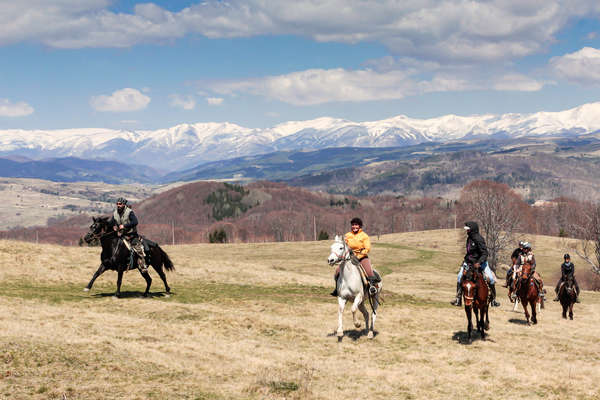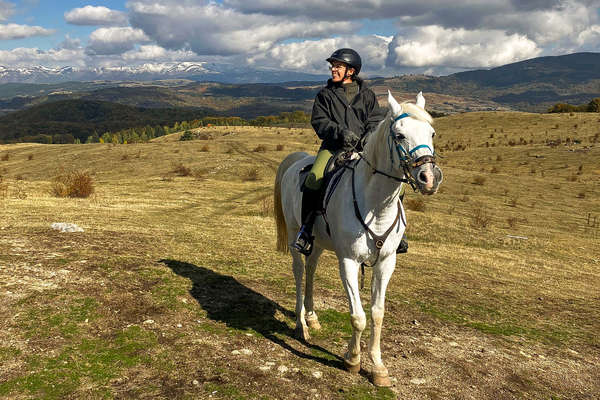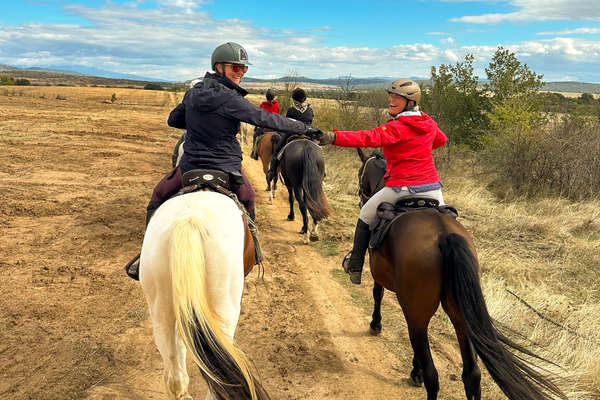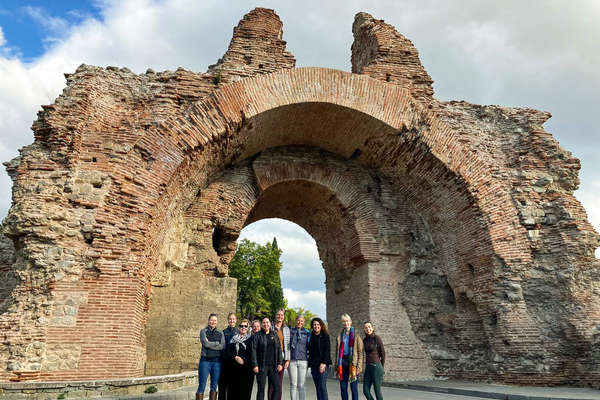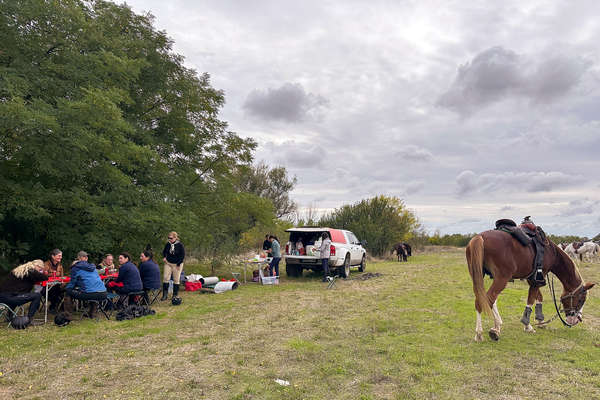Comfort
Your accommodation throughout the trip will mainly be 3* and 4* hotels, most of them offering spa services.
The night of day 5 is spent in shared rooms of 3-4 people. Bathrooms are shared.
Meals
You will have a chance to enjoy local Bulgarian cuisine.
Picnic lunches are organised by the local team (vegetables, warm soup, BBQ, fruit or sandwiches).
Dinners at local restaurants and at the hotels.
Alcoholic drinks are payable locally but beer is provided with your picnic.
Traditional Bulgarian cuisine is influenced partly by the culinary customs of the other Balkans nations and shares common features with Greek, Turkish and Serbian cuisines. Bulgarian food is tasty and diverse. The geographical location of the country and its mild climate allow perfect conditions for growing different vegetables, fruits, spices and herbs which are fundamental ingredients in all Bulgarian dishes. Bulgaria is also famous for the diversity and quality of its dairy products which are widely used in the preparation of typical Bulgarian food.
Vegetarian and gluten-free diets can be accommodated - please let us know at the time of booking. Vegan diet can be difficult in rural Bulgaria!
Climate
The location of the Rhodopes in the south eastern part of the Balkan Peninsula determines the region's climate to a great extent. The climate is influenced both by the colder air coming from the north and by the warmer breeze from the Mediterranean. The average annual temperature in the Eastern Rhodopes is 13 °C (55 °F), the maximum precipitation is in December, the minimum in August. In the Western Rhodopes, the temperature varies from 5 to 9 °C (41 to 48 °F) and in the summer rainfalls prevail.
The mild climate, combined with some other factors, works in favour of outdoor activities.
Tips
Tipping is not compulsory but will be very much appreciated if you enjoy the services provided by the team. Tipping is totally at your discretion.
Packing list
Please pack carefully and sensibly: the following guide is here to give you an idea of what to bring. This list must be adapted depending on the season and individual needs.
Head
- Helmets are mandatory and that you take your own to ensure a correct fit. There are many lightweight options available nowadays.
- Sunhat for when not riding
- Sunglasses - with a cord attached so they don't fly off when riding
- Buff or bandana
Upper body
- Long sleeved shirts provide protection from the sun and are an extra layer
- T-shirts
- Lightweight fleece or jumper
- Warm fleece or jumper (and a spare in case one gets wet)
- Warm and waterproof jacket
- Swimming costume
Legs
- Lightweight, comfortable riding trousers or jodhpurs
- Casual trousers for the evenings, such as jeans or tracksuit bottoms
- Waterproof over trousers may come in handy depending on the weather
Hands and Feet
- Comfortable riding boots. We recommend short boots with half chaps.
- Waterproof shoes/boots can be useful for abundant dew in the mornings or when it rains
- Trainers or equivalent light shoes for the casual evenings
- Several pairs of warm, thick socks
- Gloves
Nightwear
- Pyjamas
Other useful items
- Bumbag
- Water bottle
- Ear plugs (for light sleepers)
Medical kit
- Any medication you regularly take
- Sunscreen and lip balm - should be high factor
- Insect repellent
- Blister plasters in case of any rubs
- Antiseptic cream, plasters, aspirin, anti-histamine, insect-bite salve etc...
- Spare prescription glasses/contact lenses
- Eye drops
- Imodium or similar anti-diarrhoea medication
- Re-hydration sachets
- Water purification tablets
- Antiseptic wipes
- Handwash gel
Our Recommendations
- Backpacks cannot be worn whilst riding. We recommend a small bumbag or a coat with pockets so that you can carry small items with you during the day (passport, camera, sunscreen, lipbalm etc)
- We recommend travelling in your riding boots and carrying your hat and some riding clothes in your hand luggage - then if your luggage goes astray you are still able to ride!
- We recommend taking a copy of your passport and insurance documents with you in case you lose your original.

